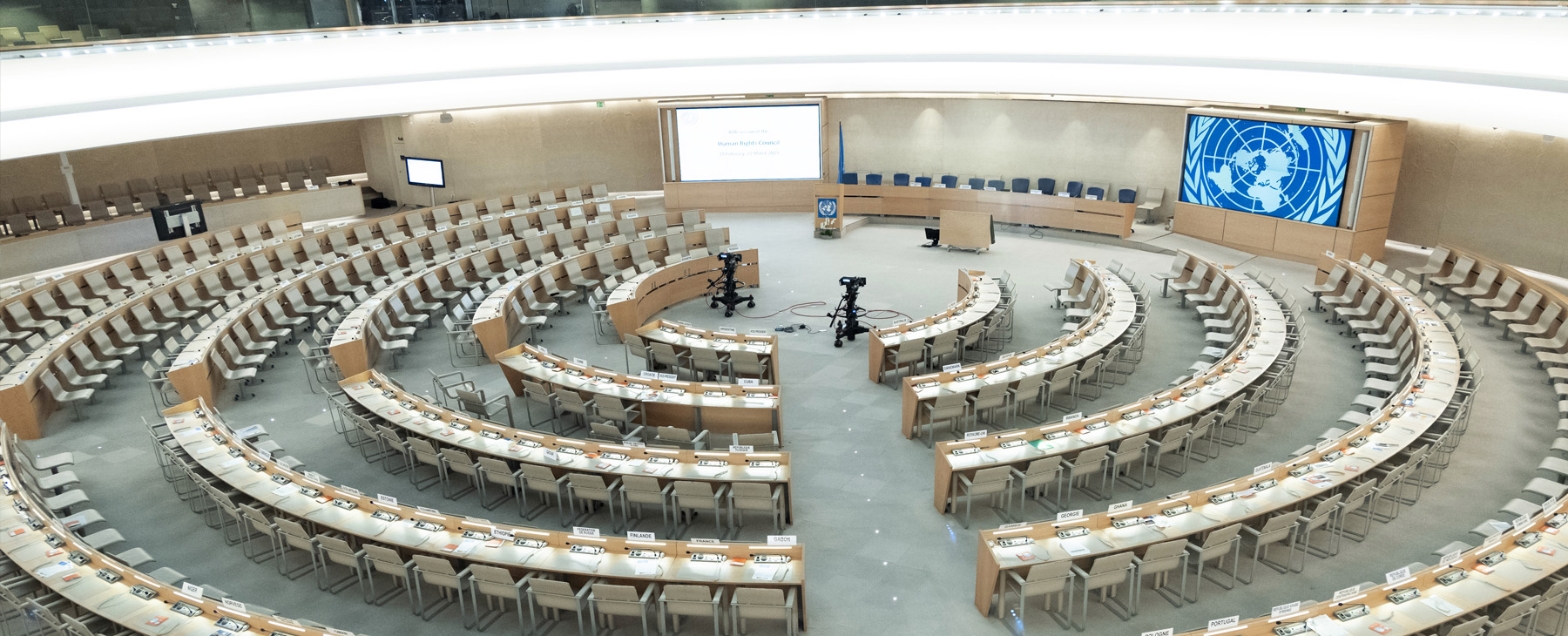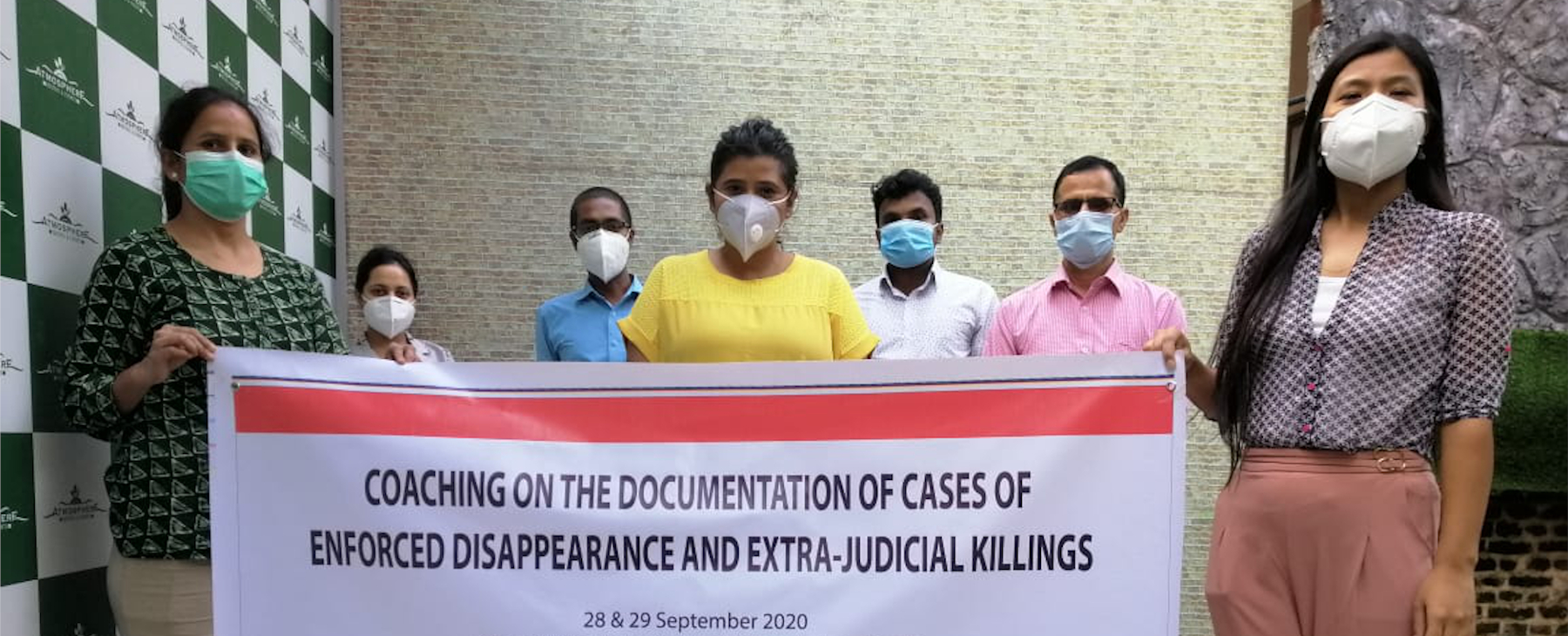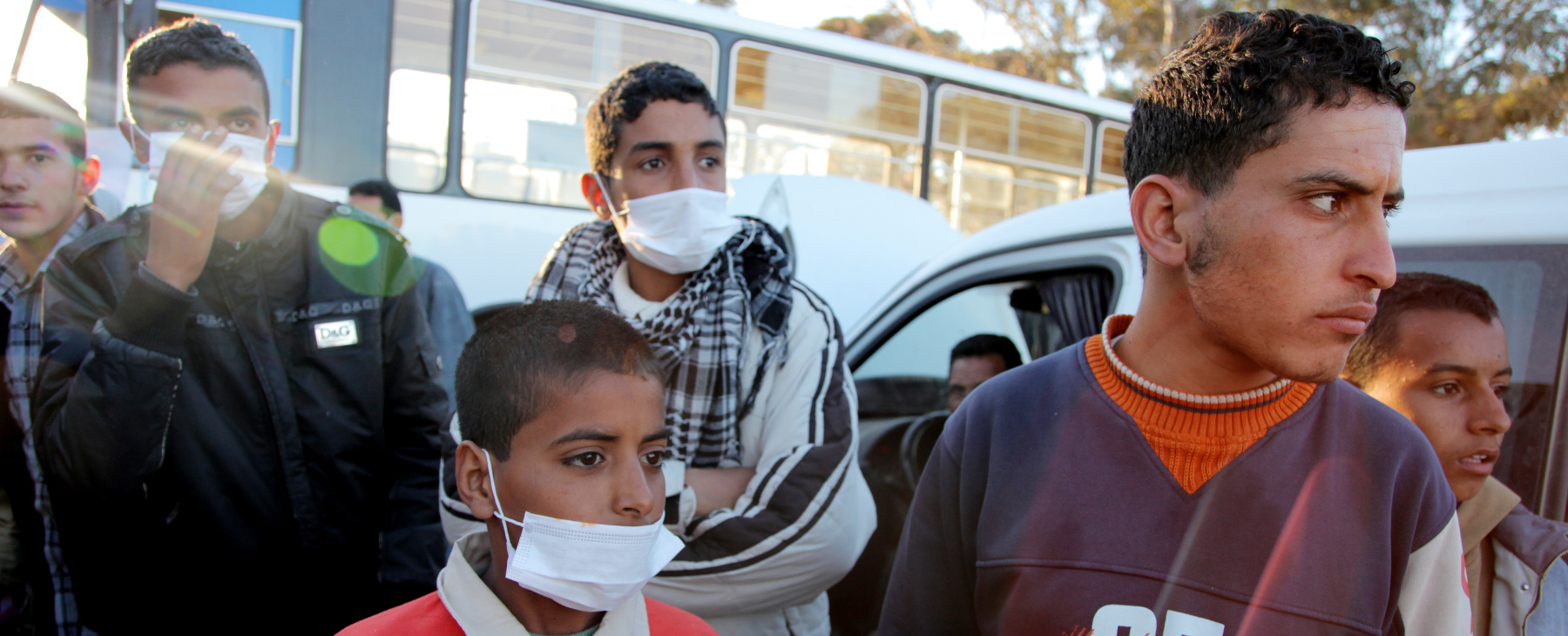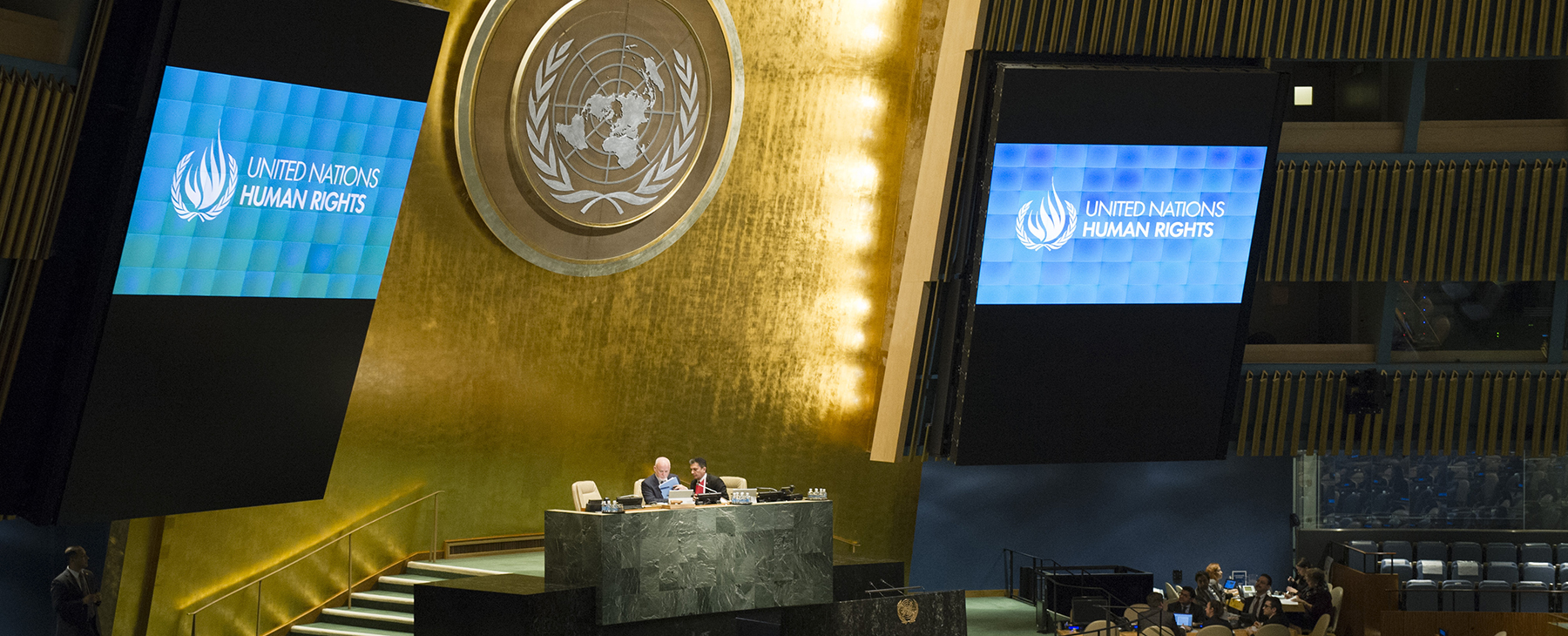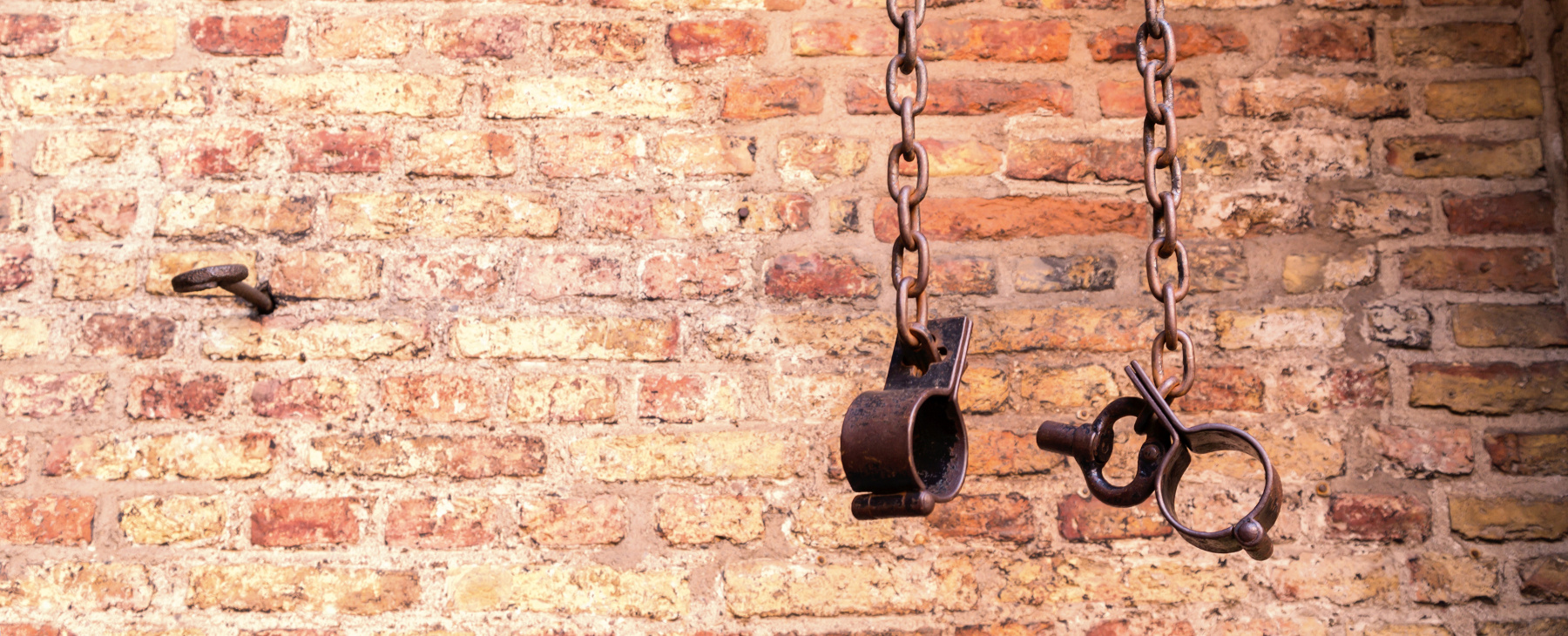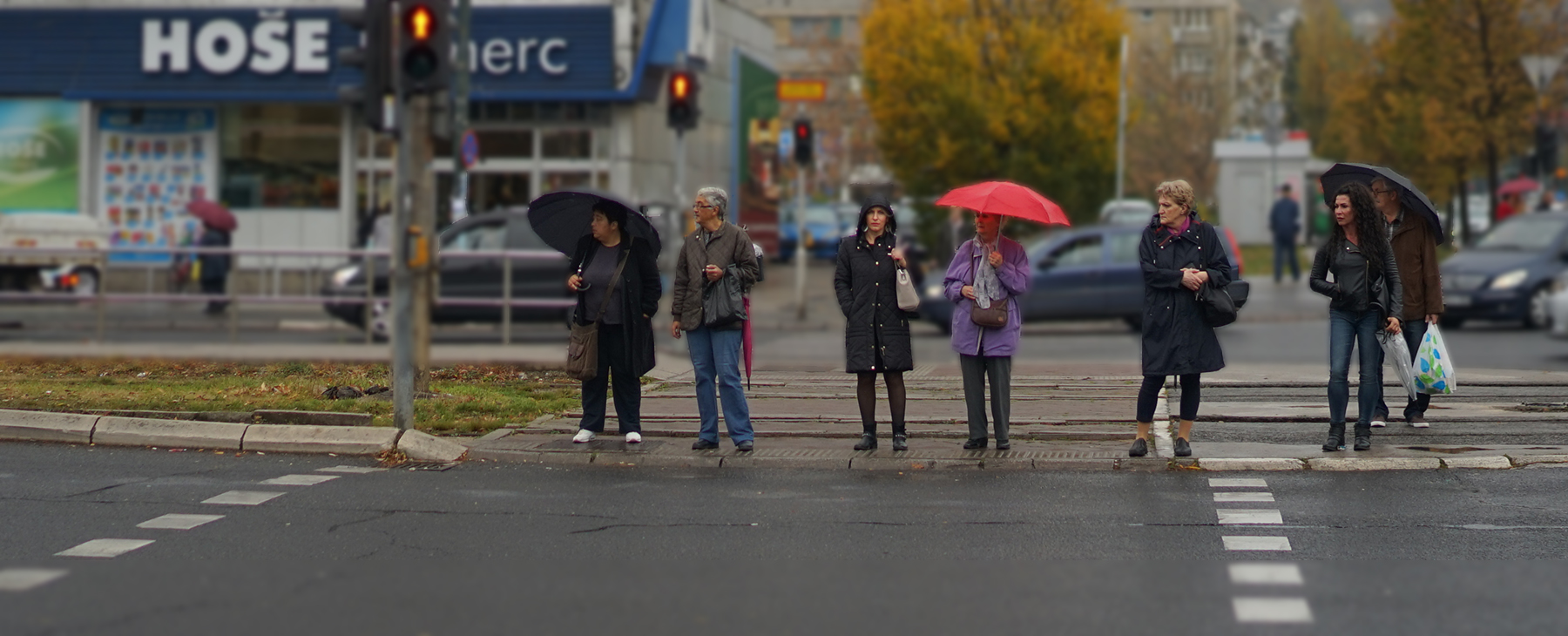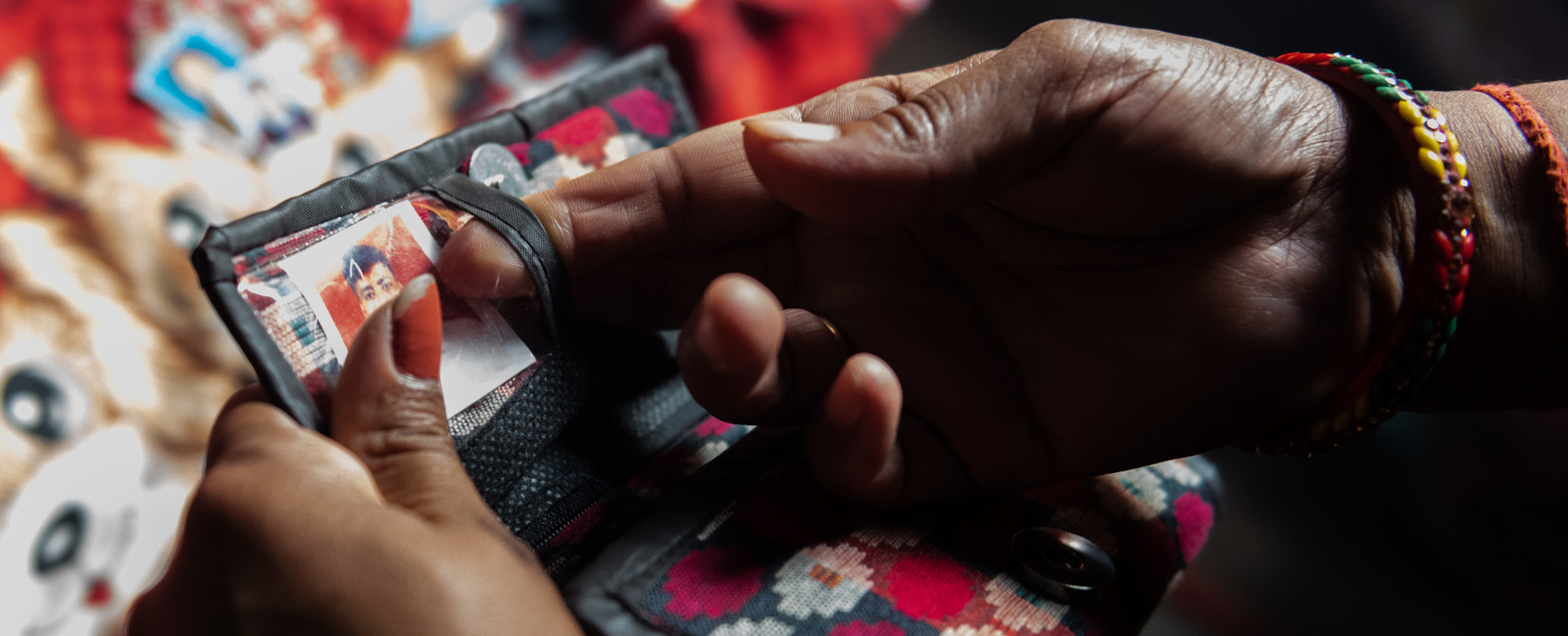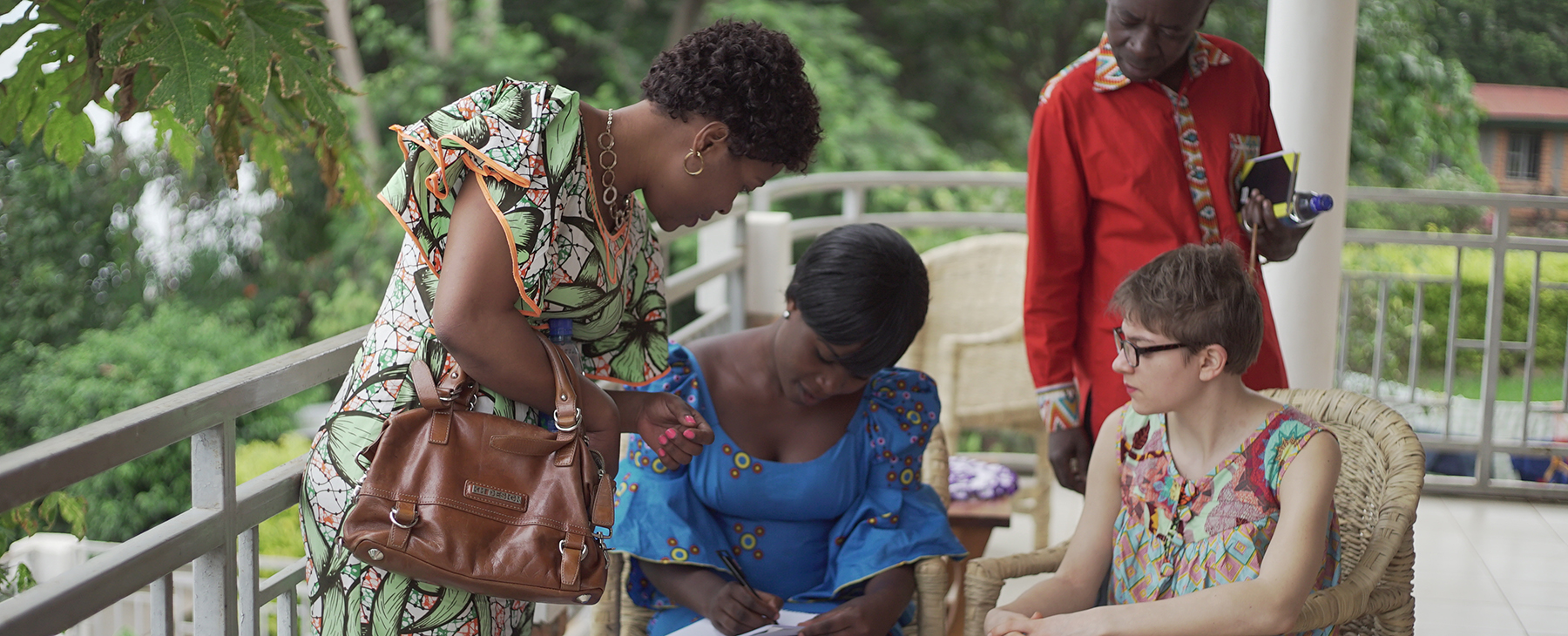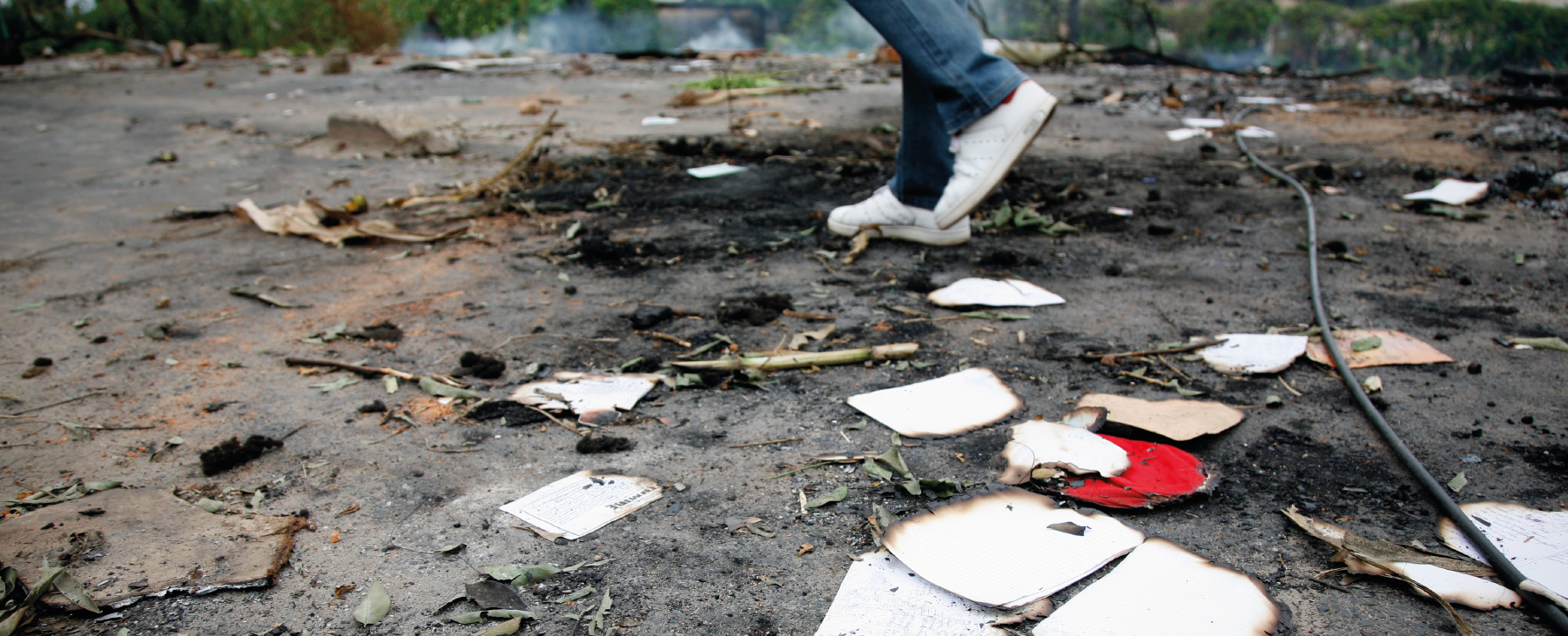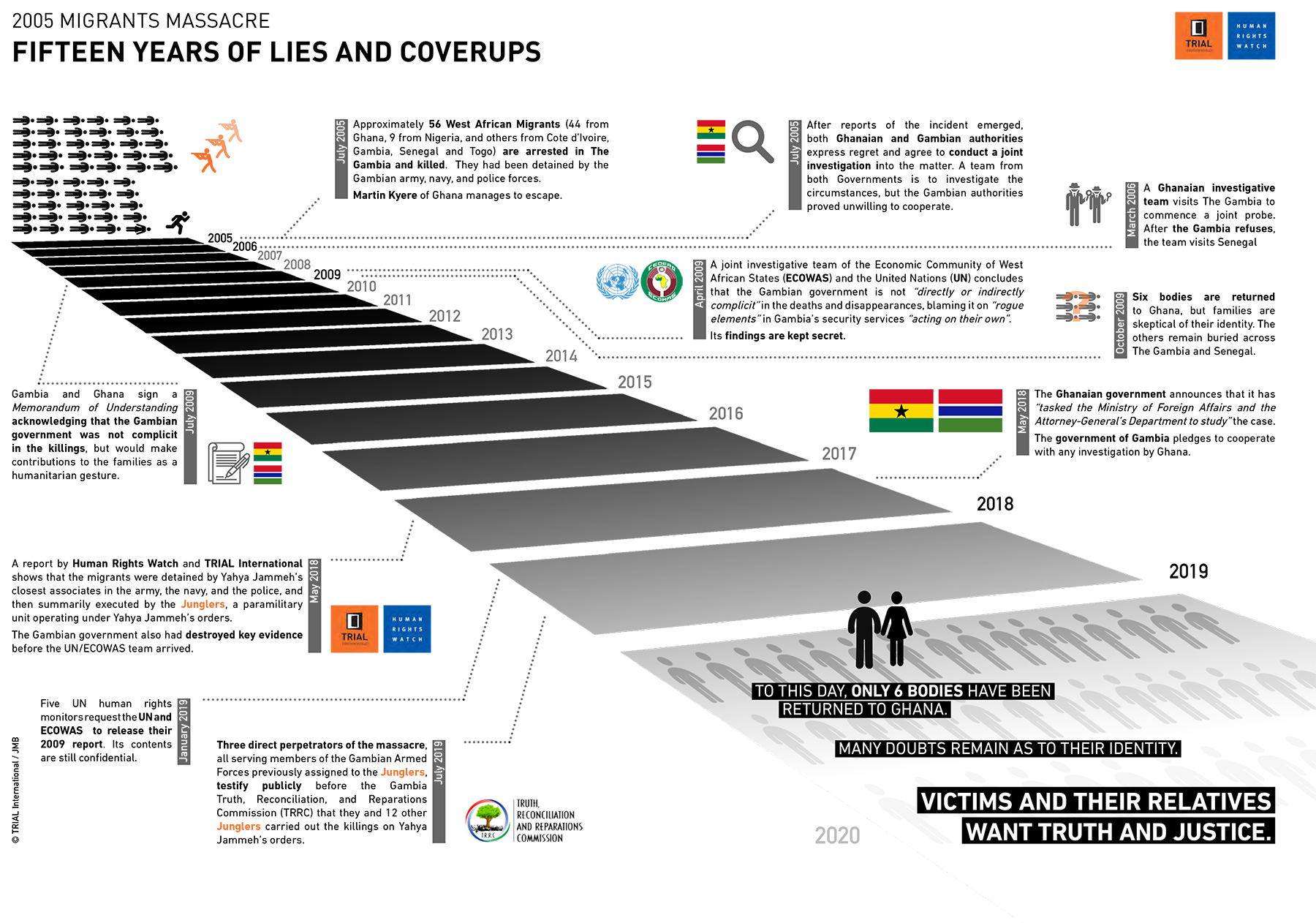On 15 September 2020, the House of Representatives of the Parliamentary Assembly of Bosnia and Herzegovina (BiH) has adopted an initiative that addresses the problem of high fees for the representation of public attorneys. The initiative suggests that the relevant state and entity institutions allow victims of war crimes to be exempted of paying court fees, including compensation for public defenders.
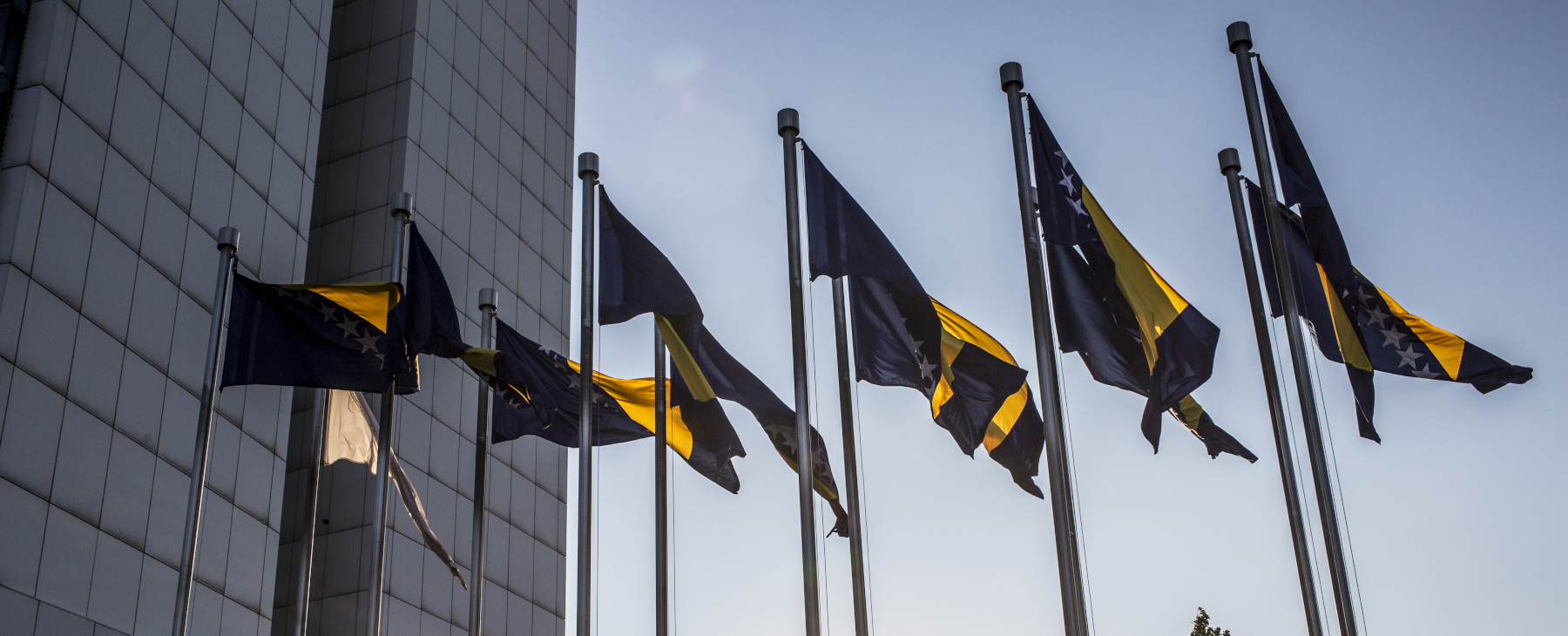
Up until now, citizens have to pay significant fees in case they lose their dispute before civil courts. This is particularly problematic for survivors of war crimes, as they are often rejected when filing lawsuits against state entities, in application of statutes of limitations. The cost of their representation by public attorneys can therefore amount to several thousand Euros. Indeed, the fees are calculated based on the same rules as for the private attorneys, even though public attorneys are on the state’s payroll.
The recent decision by the Parliament is especially significant to survivors seeking their right to compensation for war crimes. As a particularly vulnerable group, they were being “punished” by paying such high fees.
“TRIAL International has long tried to help victims facing such court decisions. Having in mind that most survivors are in a difficult financial situation, this kind of neglect for their rights and needs makes this a final blow by the authorities”, said Lamija Tiro, legal advisor of TRIAL International. “This initiative is only a first step in an attempt to solve this problem by amending the law. We hope that the competent state and entity institutions will act in accordance with the recommendation of the House of Representatives and quickly start solving this issue.”
The ball is now in the court of the institutions to prepare amendments to the code of civil procedure, thus bringing it in line with the standards of the European Court of Human Rights. The code will have to include a provision allowing victims to be exempted from paying court fees, as well as compensation for public attorneys.
“Currently, victims of war crimes are victims of legal regulations that prevent them from obtaining fair compensation”, said Mirjana Marinkovic-Lepic, a representative of the pro-EU, social-liberal Naša stranka political party. “This double injustice of loosing a case and having to pay for it is only adding to their trauma. It is time for us to guarantee to the victims not to be faced with additional ones.”

